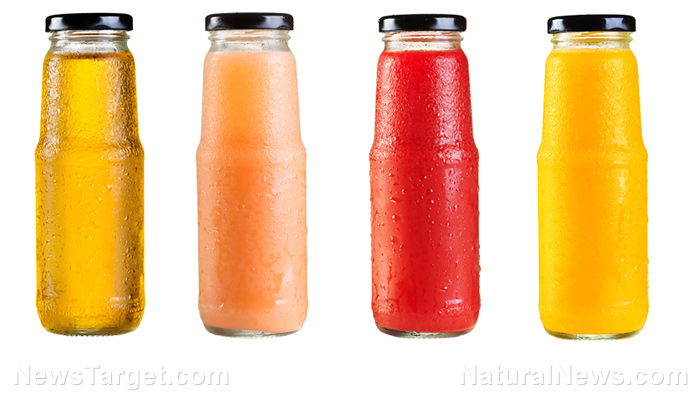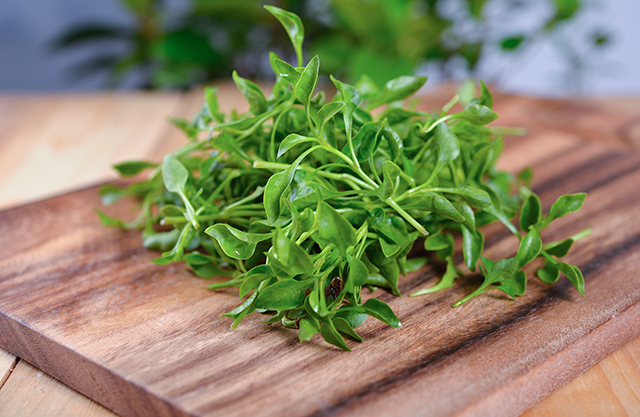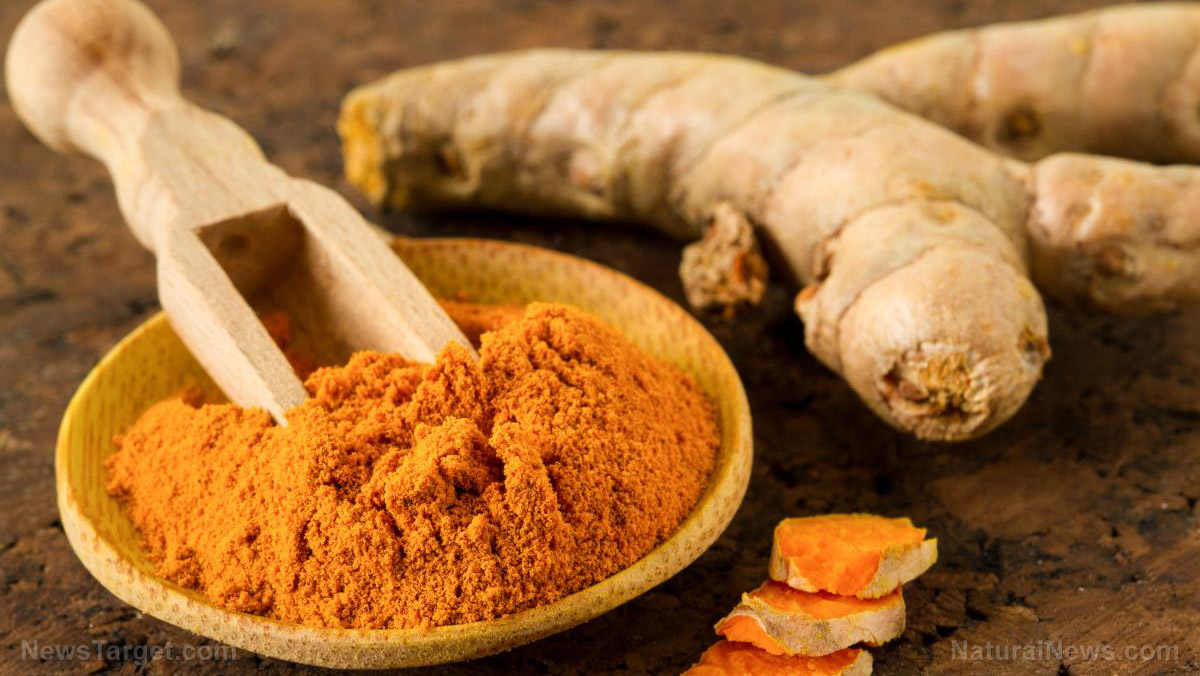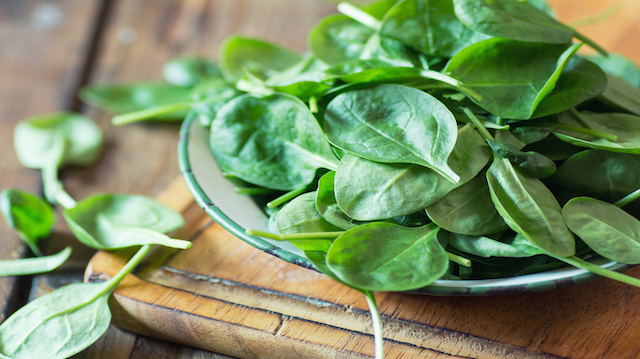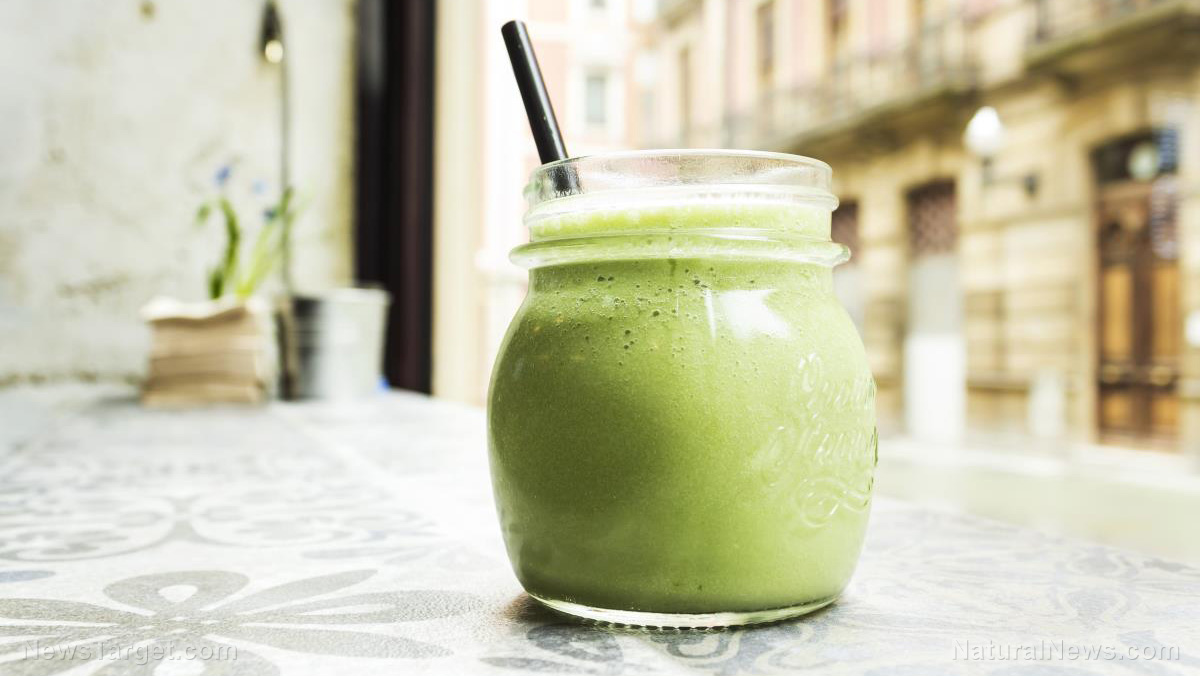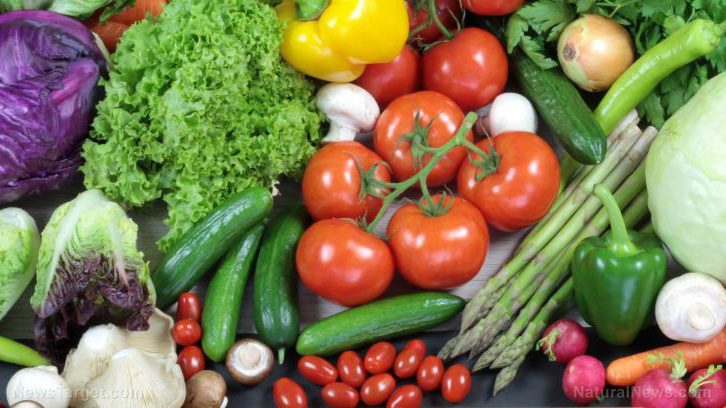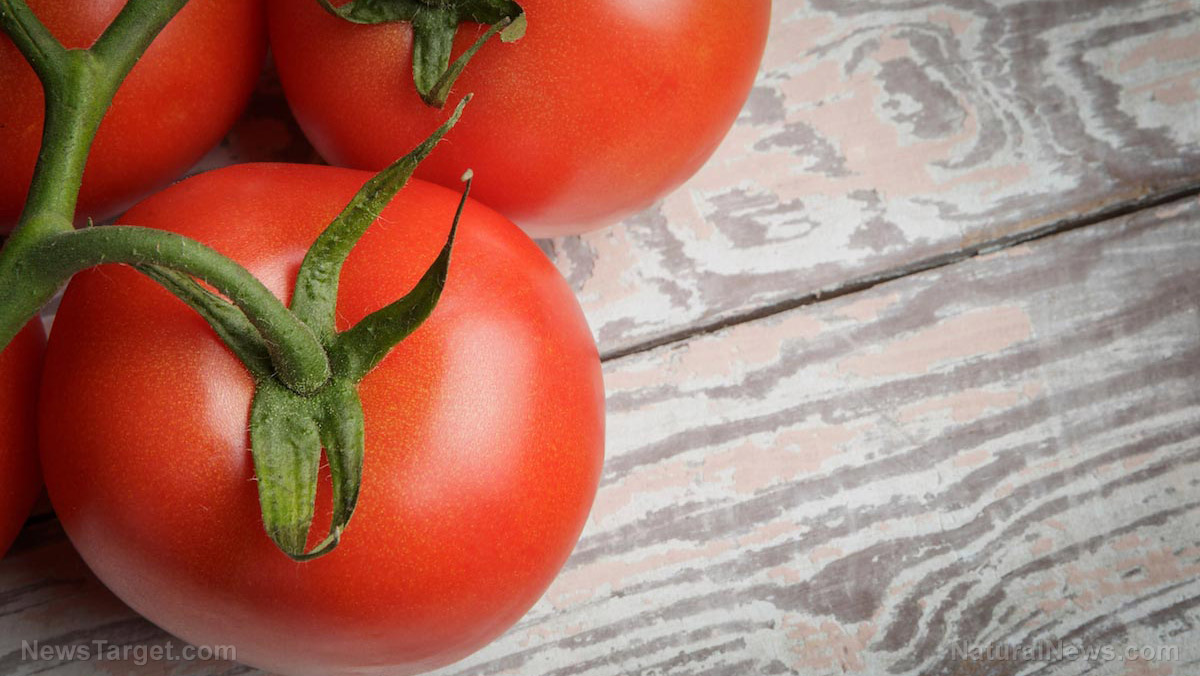Top 10 foods to promote eye health as you age
09/12/2016 / By Chris Draper

Many people believe that vision loss is an inevitable corollary of age. Consequently, they resort to contact lenses, glasses or worse — surgery. In actuality, many eye problems can be treated from the inside out.
Like our other organs, eyes obtain nutrients from the food we eat. What we put into our body affects how well our organs function, in the same way the type oil used in a car affects how the vehicle functions. Just as there is “brain food,” so too is there “eye food.” Let your eyes, therefore, feast upon the following vision-boosting foods:
-
Nuts: Although nuts are high in calories, they are also a rich source of vitamin E, an antioxidant that does wonders for both your eyes and skin. Along with minerals like zinc, niacin and omega-3 fatty acids, the vitamin E in nuts helps boost eye health. It reduces the risk of cataracts and macular degeneration, and slows the progression of vision loss. Good nuts for optimal vision include butternuts, cashews, ground flaxseed, pine nuts, pumpkin seeds, sunflower seeds and walnuts.
-
Fish: Fish are a great source of omega-3 fatty acids, which play an integral role in visual development and retinal function. Omega-3 deficiency can also lead to dry eye syndrome. The omega-3 fatty acids in fish can help mitigate dry eye syndrome and even combat macular degeneration — the deterioration of the retina. In addition, the vitamins A and D in fish can help protect the surface of the eyes.
-
Spinach: This leafy green vegetable, which gives Popeye his super strength, also promotes super eyesight. Spinach is abundant in vitamins that can help decrease the risk of stroke and developing cataracts. Spinach is also a great source of lutein and zeaxanthin, two types of carotenoids responsible for the yellow and orange pigment in fruits and vegetables. When lutein and zeaxanthin combine, they form a macular pigment that coats and protects the macula, an area of the retina responsible for differentiating details and colors.
-
Kale: Kale is chock full of organosulfur compounds shown to reduce the risk of cancer. In addition to its anti-cancer properties, kale is also rich in carotenoids. These carotenoids act like filters that prevent retinal cells in the eyes from excessive exposure to UV rays. In other words, carotenoids are nature’s sunglasses.
-
Carrots: Carrots are rich in beta-carotene, which is a naturally occurring pigment that nourishes the eye. The body uses beta-carotene in order to make vitamin A, which aids eyesight by converting light into a signal transmitted into an image at the back of the brain. Vitamin A deficiency can cause blindness in people with a damaged cornea. A study found that consuming cooked carrots for six weeks helped women restore their eyesight to normal levels. It’s easy to add carrots to any meal, either as as side dish, topping or snack.
-
Black-eyed peas: Black-eyed peas won’t give you a black eye, but they can help protect your eyes. Black-eyed peas are a great source of zinc. High levels of zinc are found in the macula, which is a part of the retina. Zinc helps vitamin A synthesize a pigment called melanin, which aids in protecting the eyes. In an age-related eye disease study, people who consumed a supplement with 80 percent zinc lowered their risk of macular degeneration by nearly twenty-five percent. Prevent your eyesight from turning black with black-eyed peas.
-
Broccoli: Broccoli is packed with anti-oxidants, including the naturally occurring compound sulforaphane. Sulforaphane can help protect eye cells from free radical oxidative stressors. This means that broccoli not only helps in protecting the eye, it also helps in boosting the body’s resistance to disease.
-
Almonds: Almonds are a rich source of vitamin E, which helps in slowing down macular degeneration. A handful, or an ounce, of almonds is all that you need as a daily dose. Eating almonds soaked overnight in water provides more nutritious benefits to the eye. Their skin can be peeled off easily in the morning after soaking them overnight. You can either eat them raw or grind them with sugar.
-
Oranges: Oranges are teeming with vitamin A, which contains carotenoid compounds like lutein, beta-carotene and zeaxanthin. Vitamin A helps the eyes absorb light by keeping the membranes surrounding the eyes healthy. This helps lessen the chances of night blindness. Men need about 900 micrograms of vitamin A per day, while women need 700 micrograms. It’s easy to obtain your daily dose of vitamin A with oranges, either by eating them whole or drinking them as a juice.
-
Peanuts: If Mr. Peanut were a real peanut, he wouldn’t need eyeglasses. Peanuts contain the compound resveratrol, which can help reverse abnormal formation of blood vessels in the retina. This reduces the risk of developing macular degeneration and diabetic retinopathy through angiogenesis. Angiogenesis is a physiological process in which new blood vessels are made from pre-existing blood vessels. This process can be disrupted whenever abnormal blood vessels begin forming. Resveratrol helps prevent abnormal blood vessels from forming by providing a healthy supply of blood to the eyes. To protect your eyes, give peanuts a try.
Sight is arguably the most important mode of perception among the five senses. Without sight, we wouldn’t just be creatures stumbling in the dark; we would never know it was dark in the first place. Although the flow of time would inevitably chip away at our senses, there are steps we can take to slow down life’s hourglass, and in some cases, even reverse it. Enhance your eyesight with the power of healthy, whole foods.
Source:
Tagged Under: broccoli, carrots, eye, eye health, eyesight, healthy diet, kale, nuts, spinach





